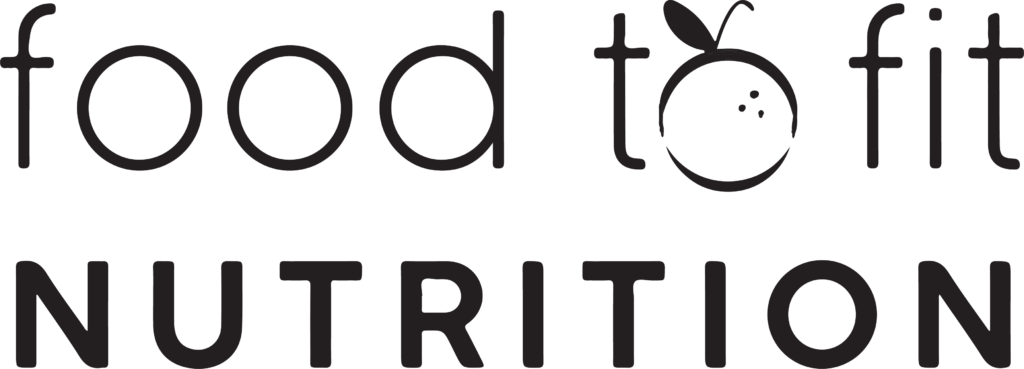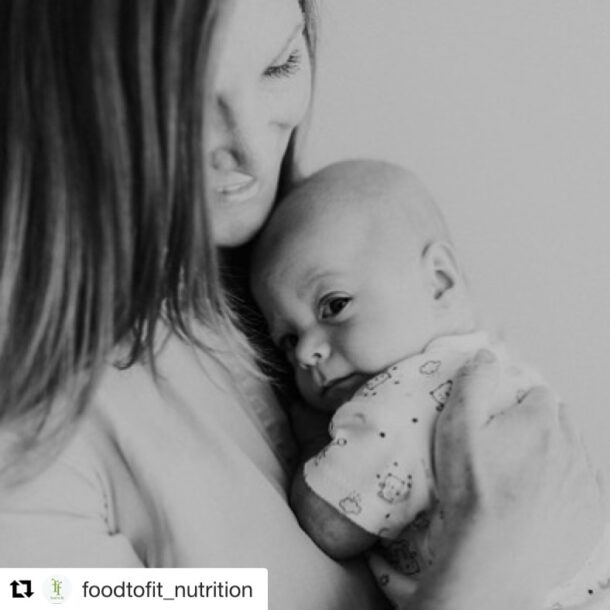
Kids and Candy
When a child knows they will have regular access to highly palatable foods, the over-excitement and fixation is minimized.
Submitted by Brooke Bulloch, RD and mom. Edited by Robyn Price, Pediatric RD and mom.
Halloween, Christmas, Valentine’s Day, Easter, birthdays – yes, kids will encounter sugary foods all year long and candy is here to stay. As a parent or provider, naturally you want to support healthy growth and development in your child(ren). We often hear parents say, “how do I control the candy and sweets?”; “Why do my kids get so hyped about sweets?”; or “I’m worried about their obsession for candy!”.
As dietitians, our goal is to support you in raising children to have a healthy relationship with all foods. Instead of trying to keep candy out of the house and away from kids, you are presented with opportunities to help children learn to self-regulate, and have a better relationship with highly palatable foods, like candy.
Here are 4 tips to navigating candy with kids:
1. Neutralize your Language around food
Refer to foods by their name as opposed to using judgement terms. For example, move away from using terms like “good”, “bad”, “junk”, “clean”, “healthy”, and “unhealthy”. Instead, refer to the food by naming what it is, for example, chocolate, suckers, yogurt, muffin, pizza, or cucumber.
Neutralizing language around food removes moralization, judgement, and shame around eating certain foods. Food serves us in many different ways, and one important purpose is nourishment for growth and development. Other purposes include pleasure, comfort, connection, and tradition. Furthermore, a person’s well-being is influenced by many factors including:
- genetics
- access to health care
- education
- socio-economic status
- safe living environments,
- food security, and
- discrimination.
A single food plays a very small role in a person’s “health” or well-being.
When people learn to judge and moralize food, they connect feelings of self worth to those foods. In other words, being a “good” person for eating the “good” foods vs being “bad” for eating the “bad” foods. This becomes confusing for children who think, “I really love the taste of candy, but I must be a bad person for wanting it and liking it”. They learn to feel shame around enjoying these foods, increasing the likelihood of sneaking “off limit” foods and eating in secret.
Many grown-ups today learned to moralize food in this way. If this is you, it’s not your fault. It will take time and practice, but neutralizing food language is a great start to nurturing your child’s food relationship, as well as your own.
2. Move Away from making kids earn their candy
It’s tempting to use food to control a child’s behaviour, or to bribe them to eat the “healthy” stuff first. While parents sincerely want their kids to enjoy a variety of nutrient-dense foods, coercion and bribery back-fire.
Bribery creates a food relationship that is stressful and pressuring. It makes it difficult for kids to build trust and autonomy in their own bodies. For example, when dessert is used to bribe kids into eating their vegetables, it tells the child that the vegetables must be really terrible to begin with. In their mind dessert = yummy reward and vegetables = yucky gateway in order to get the yummy reward. This shuts down food curiosity, as the child merely ends up complying through coercion (or bearing down and refusing altogether). By accepting the bribe, the child learns to suppress their dislike of those vegetables in order to get the reward. They are being praised for the “good behaviour” at the expense of trusting their body cues and taste preferences. Over time, interest and exploration of new, nutrient-dense foods becomes forceful and scary.
A food relationship built on coercion and compliance increases the risk of guilt, self-shaming, and struggles with food relationship. The earlier that grown-ups show respect and trust in a child’s food preferences, the more likely the child is to trust their own body as they grow and develop. Body trust is an important aspect of body satisfaction and a positive self image.
3. offer sugary foods regularly
Studies show that restricting highly palatable foods heightens a child’s eagerness for that food and increases the consumption of it. This is similar to the restrict-binge cycle we see with dieting behaviours. Consider the following tips as a guide to help you transition:
- Continue to serve a variety of nutrient-dense foods from all food groups – grains/starches, fruit/vegetables, and proteins. Offer 3 meals and 2 or 3 snacks daily.
- When your child (3 years and older) is particularly fixated on a certain sugary food, include that food frequently, possibly daily, as part of a balanced meal or snack. The grown-up decides on the portion of food, but be reasonable. If the portion is too small, the child feels restricted thus perpetuating fixation. Offer the sugary food alongside other favourite, nutrient-dense foods (as opposed to a meal the child dislikes). This draws the child’s attention away from only eating the sugary food.
- Let the child eat their food in the order they choose. Over time, you may be surprised to see that some kids won’t always choosing the sugary food first.
- If the child asks (or has a tantrum) for more of the sugary food, validate the child’s feelings and taste buds, for example, “you like that food and it tastes yummy!”. Then explain the logic behind the portion that was given. You might say something like, “yes I have more I can give you, but then we can’t have it tomorrow because we’ll run out and I’m not getting groceries for 2 days”. Or, “I want to be able to send this to school every day and I won’t have enough to do that if you eat more now”. Empower the child to make a decision based on the possible outcomes – having more tomorrow, or running out and not having more tomorrow.
- You can even check in with the child to see if they’d like another type of food before giving more of the candy. This helps the child to pause and remember that there are other favourite foods available too. It is the grown-up’s job to offer the foods, and the child’s job to decide if and how much of those foods they eat.
Often, when a child knows they will have regular access to highly palatable foods, the over-excitement and fixation is minimized.
4. allow kids free reign over candy on occasion
During certain events like Halloween, birthdays, or special movie nights, allow the child to eat as much of the candy (or other highly palatable foods) as they want.
This may sound scary, but the worst that can happen is the child becomes sick to their stomach, which turns into a learning opportunity. Your job is to help the child understand what happened, without any guilt or shame involved. The child learns to trust their body, to listen to their fullness cues, and to explore differently next time. With less restriction around these foods, the child has more opportunity to learn about self-regulation and won’t feel so ravenous around candy.
None of this is easy, especially in the beginning transitions. There can be a lot of nuance around these suggestions, too. The goal of this post is to encourage you to:
- Allow the child some autonomy over their food, giving them a sense of independence and individuality.
- Allow the child opportunities to learn to self-regulate around sugary and other highly palatable foods.
- Neutralize sugary foods as just another type of food, removing food hierarchy and moralization.
- Help remove the sense of restriction that kids feel when highly palatable foods are limited to them.
Don’t hesitate to explore your situation with a dietitian who can offer validation, personalized support, and context to you and your family. After all, everyone is different. Send us an email here.
LET'S STAY IN TOUCH
Join our mailing list
Join our newsletter for more non-diet content including practical nourishment, recipes, nutrition myth-busting, and weight inclusive well-being.
Curiosity, self-compassion, food peace. Nutrition assessment, planning, and monitoring + food relationship counseling.
Food to Fit Locations:
#203, 2445 Broad Street
Regina, Saskatchewan
1124 8th Street East
Saskatoon, Saskatchewan
